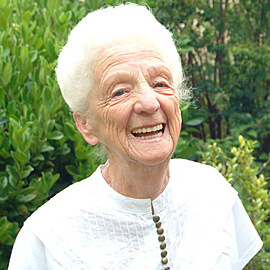The emphasis on directing future funding progressively to home care is well demonstrated by test programs of palliative care in Tasmania. They indicate that retirement village residents will in time be able to arguably stay in their own village home up to death.
The Hobart District Nursing Service has received $35 million over three years to deliver up to 24 hour palliative care across 2,000 packages.
In addition to transport and physical assistance, the HDNS has discovered the biggest need has been for hospital beds to be provided in the home and motorised recliners with footrests. Ms McGowan of HDNS said. “We are frantically sourcing motorised recliners at the moment from all over Australia”.
The implication for retirement village operators is that existing contracts specifying physical “independence” will be challenged, together with financial models and HR models.
Retirement village management will have to oversee the welfare of an elderly single resident approaching palliative care. Village homes will also have to accommodate the bigger beds as well. Retirement village operators are reshaping thier businesse models to accommodate these approaching changes.





